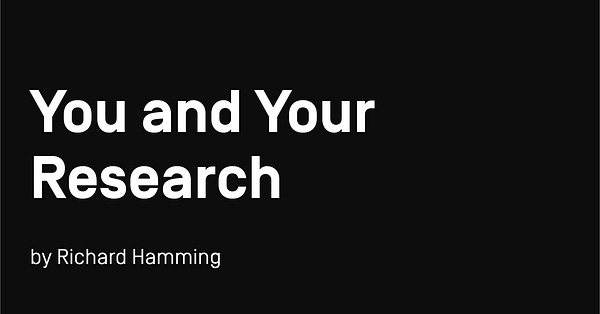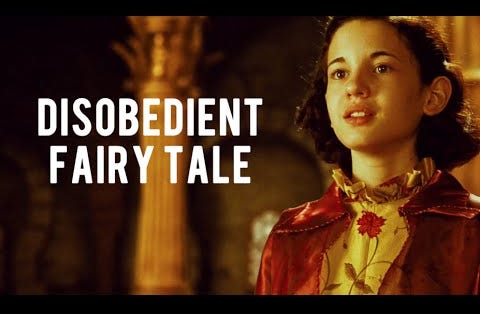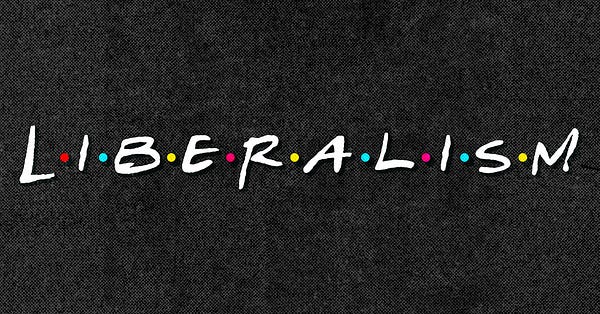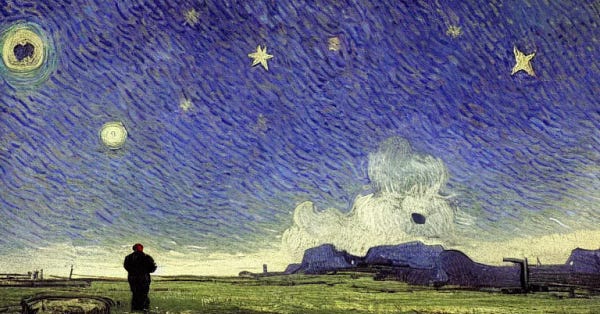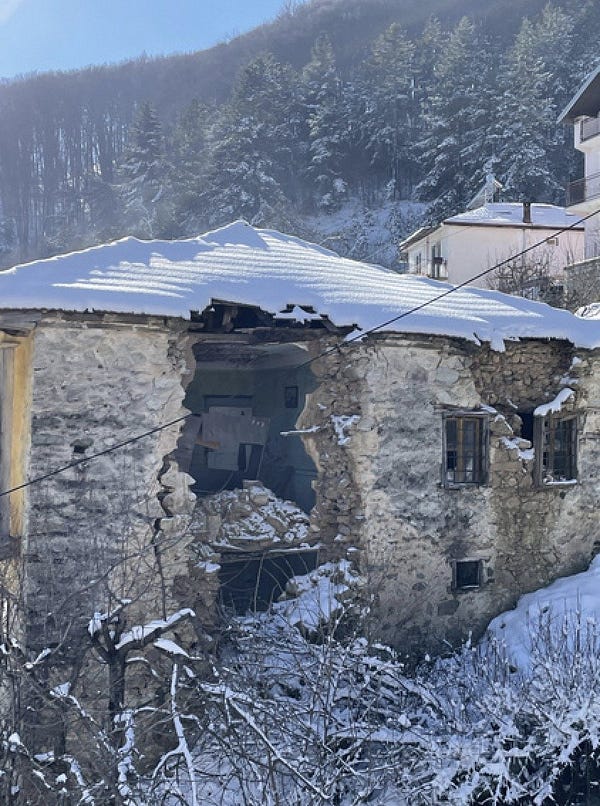Libra-net (9): 31 link for January
Opportunities for collaboration with Macedonian researchers abroad. Plus some provocative thoughts and readings, and our most viral tweet ever.
1. We are in the last stages of creating a job board for researchers from Macedonia who want to connect with members of the S(c)iesta community. The job board will be maintained by the Center for Advanced Disciplinary Research (CAIR) at the University Ss. Cyril and Methodius, but it is open to anybody regardless of their affiliation. Currently the site is unlisted (link, please don’t share), but it will soon be ported to our new domain: researchnet.mk.
In the meantime check out an early version of our logo, courtesy of Agâh Karakuzu based on an idea by Ilija Dukovski. Today (Wednesday) at 7pm Macedonian time we will organize an informal S(c)iesta to receive feedback on the website, feel free to join at the Zoom link below:
https://polymtl-ca.zoom.us/j/81046226619?pwd=RURZRzNidHduQkNDRkJxd3BoZFZ3Zz09
2. Congratulations to CAIR member Andrej Risteski for winning an NSF CAREER award! Andrej also recently won an award from the Macedonian president as the best young scientist in natural-mathematical and technical sciences.


3. Congratulations to S(c)iesta member Mia Jovanova who published a paper on gender gaps in open science practices. The article was also linked from Marginal Revolution.


Feel free to send us information about other accomplishments by Macedonian scientists, we would love to highlight the important work done by our colleagues. And also feel free to submit proposals for collaborations (internships, jobs, mentorship programs) through the Get Involved link at researchnet.mk.
4. Have you noticed how technology is sometimes paralizing us? Walter Kirn had an interesting commentary on this a month ago, and now here is Mike Solana asking if we really need our refrigerator and our dishwasher to be connected to the internet.


5. Legendary Macedonian student magazine Elfasko celebrated 30 years since its inception

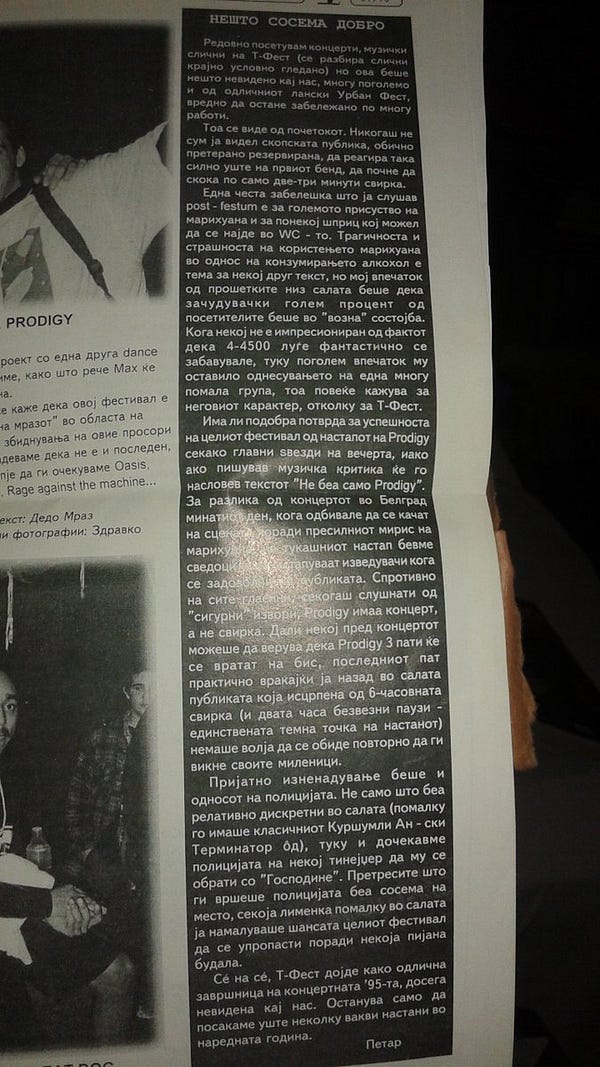

6. Yep, even Mastodon posts go viral sometimes. Here is an evergreen from 2018
7. Galton is a divisive figure today. He revolutionized statistics and invented eugenics along the way. Adam Mastroianni wrote a nuanced essay about Galton’s biography.

He also listed some of Galton’s unusual obsessions,


and some of the weirdest papers ever published in Nature or elsewhere.


8. If you haven’t had enough of Adam Mastroianni, here is another essay about how fashions inform our criteria for stupidity.


9. And if you didn’t think that 2022 was weird enough, this will definitely change your mind
10. Karl Friston is one of today’s leading intellectuals. In his autobiography he asks himself if he might be autistic. Bonus: his amazingly detailed drawings of nature.

The amyloid hypothesis has been driving autism research for most of the last 20 years. Turns out it is most likely a dead-end

Netflix will not let you take a screenshot if you have hardware acceleration enabled on your browser

Some ways to improve academic search engines. Or we can just wait for LLMs to fill in the gaps


Nick Cave takes down ChatGPT a notch
Adam Mastroianni and Erik Hoel both write about the cursed possibilities of choice (Prokleta mogucnost izbora, h/t Johnny Stulic)


If publishing a journal article is on your bucket list, now you know how to do it
‘Od pile mleko’ is a Macedonian expression that signifies having plenty, including chicken milk. Turns out in Quebec ‘chicken milk’ is how they call eggnog.
Richard Hamming is one of our greatest philosophers of science. Here is a Hamming window onto genius
This Nerdwriter video essay on Pan’s labyrinth is one of his most subversive yet
and the art references in the movie are bone-chilling
Russ Douthat writes about pop culture in a way that makes both conservatives and the NYT readers smile
Slime mold time mold is one of the most fascinating science bloggers on the web. Sometimes they write obsessively about obesity, other times they just show how (non)random science is


ChatGPT prompts are an artform that is in high demand, especially when you are waiting in the queue. We can’t wait for the $42 dollar subscription to start making sense of life, the universe and everything
 Prompting in the negative is difficult for ChatGPT. So is answering with a concise response. Below are some tips by @thatroblennon to help with these and 6 other issuesMost new ChatGPT users are making simple mistakes. (And they don't realize results could be TWICE as good.) 8 problems with your AI prompts to stop right now:
Prompting in the negative is difficult for ChatGPT. So is answering with a concise response. Below are some tips by @thatroblennon to help with these and 6 other issuesMost new ChatGPT users are making simple mistakes. (And they don't realize results could be TWICE as good.) 8 problems with your AI prompts to stop right now: Rob Lennon 🗯 | Audience Growth @thatroblennon
Rob Lennon 🗯 | Audience Growth @thatroblennonAnd text-based LLMs are only the tip of the AI-generated iceberg.
 In 2016 the science fiction podcast LifeAfter/The Message imagined a world in which we can synthesize the speech of familiar people. Today this is no longer fictionMicrosoft have announced their AI "VALL-E" Using a 3-second sample of human speech, it can generate super-high-quality text-to-text speech from the same voice. Even emotional range and acoustic environment of the sample data can be reproduced. Here are some examples. https://t.co/ExoS2VWO6d
In 2016 the science fiction podcast LifeAfter/The Message imagined a world in which we can synthesize the speech of familiar people. Today this is no longer fictionMicrosoft have announced their AI "VALL-E" Using a 3-second sample of human speech, it can generate super-high-quality text-to-text speech from the same voice. Even emotional range and acoustic environment of the sample data can be reproduced. Here are some examples. https://t.co/ExoS2VWO6d Del @ NaughtyDog @TheCartelDel
Del @ NaughtyDog @TheCartelDelThe pandemic caused us to reevaluate our jobs, our hobbies and our relationships. One of the most important reevaluations is how students view traditional learning experiences.
Bruce Willis wanted to play Vincent Vega. Somehow Tarantino got him to play Butch
 The shortest sentence in Hollywood is "I'm in" Quentin Tarantino explains the roundabout way he got Bruce Willis to say it
The shortest sentence in Hollywood is "I'm in" Quentin Tarantino explains the roundabout way he got Bruce Willis to say it
26. Ted Gioia writes some of the most insightful music journalism today. If stock music is driving you up a wall, you might have some climbing to do.


Grant funding is broken. Sometimes you need an anonymous scientist to say it
Mastodon is probably never going to take over Twitter. However, the idea that we should control our content, and that every social network could broacast our content through an API (or blockchain) is increasingly gaining traction. This is Jack Dorsey’s vision with BlueSky, and below is an excellent explanation why it might be the future of the internet.

Aristocrats did not go to school. They had tutors. And some of our greatest geniuses benefited from aristocratic tutoring. Somehow we have forgotten this, and now we get tutors only when our children are struggling with school. Erik Hoel convincingly argues that personalized tutoring is how we get back to producing Einsteins. A mega-thread with some quotes from his fascinating essay
Alexey Guzey argues that ideas might not be getting harder to find. Instead, the problem may be that scientists are turning into bureaucrats.
 '...perhaps it is more difficult to do important research today, but perhaps the reason for that is the structural issues facing science, not the inherently rising difficulty of finding new ideas' @alexeyguzey argues against the provocative Bloom article
'...perhaps it is more difficult to do important research today, but perhaps the reason for that is the structural issues facing science, not the inherently rising difficulty of finding new ideas' @alexeyguzey argues against the provocative Bloom article
31. And finally, as thanks for getting this far, we are sharing with you our most viral tweet yet. The chairlift in Krushevo, Macedonia, passes by a decrepit old house. On its walls is a black and white photograph of an old couple, frozen in space and time. Our tribute to Ozymandias will now haunt Twitter forever












